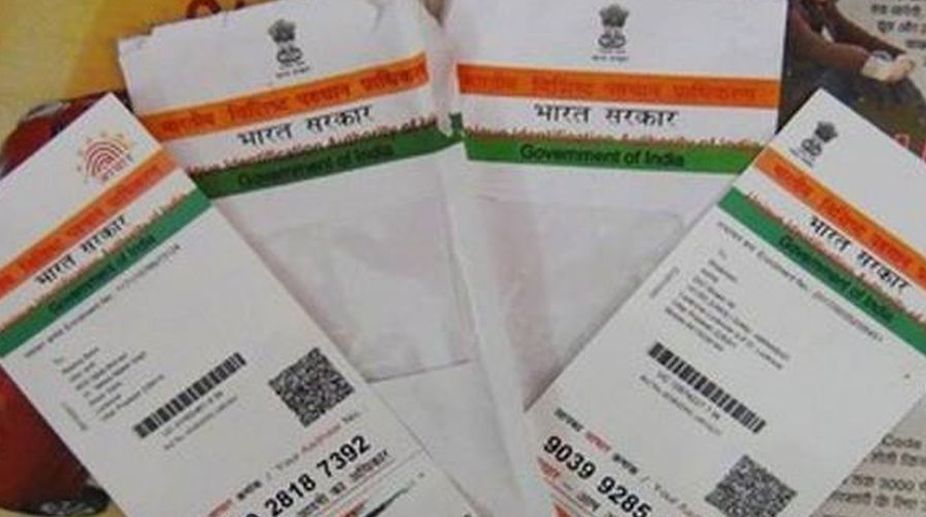The Aadhaar project could have suffered a serious setback with the UP police ~ not the most reputed of investigation agencies ~ unearthing a racket to generate fake Aadhaar numbers, after which the printing of counterfeit cards is relatively simple. In what boils down to a “hacking job”, a gang in Kanpur was able to get access to the data of Aadhaar agents, and clone the biometric data to generate fake numbers and cards. In normal course it would have been expected that top investigating agencies of the central government would have immediately swung into action; but there is no report of them doing so, and the UP police seems to have put a lid on information being released to the media. Nor did the cops boast about the number of fakes they had detected or prevented, a deviation from their normal practice. All of which suggests that a damage-containment exercise is being mounted. Although the hacking operation would appear elaborate, it did not require highly sophisticated apparatus, hence “copy cat” operations could be conducted on the basis of information the police initially shared.
While even earlier there had been reports from across the nation of unscrupulous agents extorting money for processing applications, the generation of fake numbers takes racketeering to an entirely different level, makes a mockery of the claim that the data is protected. And this could impact the case in the apex court questioning the validity of the project, which might also be impacted by the ruling on privacy being a fundamental right. The government lays much stock by the Aadhaar project, and it now equates this with a “domestic passport”, required for a range of financial transactions, owning a mobile phone, booking a railway ticket etc. It is not surprising that with the Aadhaar card becoming such a critical necessity, ways to “beat the system” would be evolved. What corrective or remedial measures the UIDAI authorities take remains to be seen.
What has been overlooked by government when pinning such faith in Aadhaar is the slipshod manner in which the data was collected and only superficially verified. The staff had only minimal training in the use of computers and cameras, and went about their work in much the same fashion as the way electoral rolls and ration cards were prepared. The workers were keen to report having catered to “numbers”,. And were probably unaware of the importance of what they were doing ~ importance to which the present government has substantially added. Recently some people trying to “link” their mobile phone with their cards were shocked when the linking-devices were unable to “read” their fingerprints. The short point being that while there can be little disputing the objectives of the Aadhaar cards their preparation was shoddy ~ which the government is reluctant to admit.











